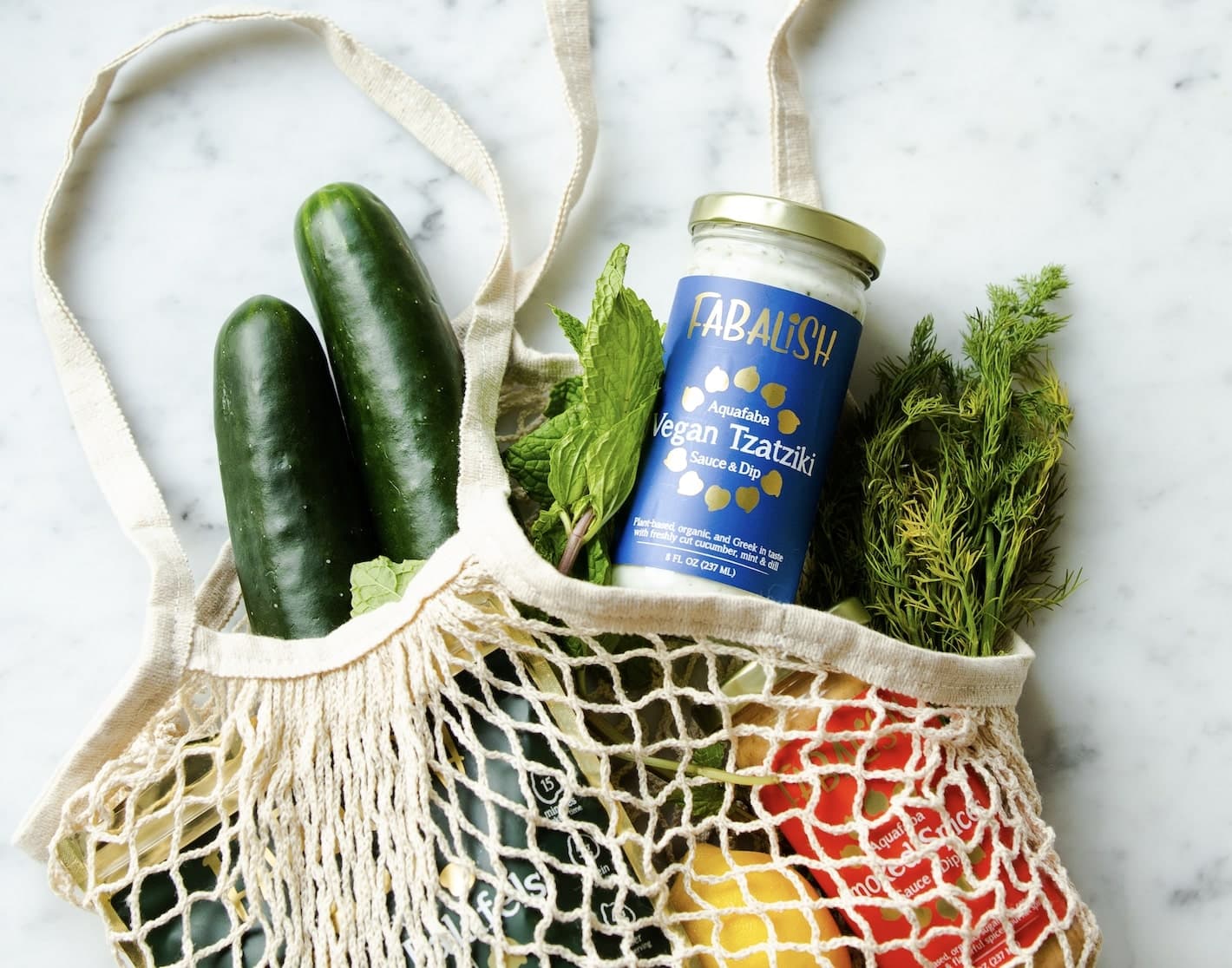Shopping for organic and sustainable ingredients is not only beneficial for your health but also supports environmental conservation and ethical farming practices. With so many choices available, it can sometimes be overwhelming to navigate the world of organic and sustainable products. Here are some tips to help you make smarter choices while shopping for these ingredients.
1. Know the Labels
Understanding food labels is essential when shopping for organic and sustainable ingredients. Look for certifications such as:
- USDA Organic: This label ensures that the product is grown without synthetic pesticides, fertilizers, or GMOs.
- Fair Trade Certified: Indicates that the product was produced under ethical conditions, ensuring fair wages and working conditions for farmers.
- Non-GMO Project Verified: Guarantees the product is free from genetically modified organisms.
- Certified Humane: A label for meat, dairy, and eggs, ensuring that animals were treated according to high welfare standards.
Familiarizing yourself with these labels will help you confidently choose products that align with your values.
2. Shop Seasonally and Locally
Shopping for seasonal and locally grown produce is an excellent way to reduce your carbon footprint while supporting sustainable agriculture. Local farms often use fewer resources for transportation, which helps reduce greenhouse gas emissions. Seasonal produce is also fresher, more flavorful, and generally more affordable. Visit local farmers’ markets, join a community-supported agriculture (CSA) program, or check out your grocery store’s local produce section.
3. Focus on Whole Foods
Whole foods such as fruits, vegetables, grains, legumes, and unprocessed meats are often more sustainable than highly processed products. Minimally processed organic foods typically have a lower environmental impact since they require less packaging and fewer resources to produce. When possible, choose items that are close to their natural state, which not only helps the planet but also provides the most nutritional value.
4. Buy in Bulk
Buying in bulk can significantly reduce your environmental impact by minimizing packaging waste. Many health food stores and co-ops offer bulk sections where you can purchase grains, beans, nuts, seeds, and spices. Bring your own reusable containers to further reduce waste. Buying in bulk is often more cost-effective as well, helping you save money while shopping sustainably.
5. Prioritize Key Ingredients
If you’re on a budget, it can be challenging to buy everything organic. Prioritize purchasing organic versions of the foods you consume most frequently, especially the ones that tend to have higher pesticide residue when conventionally grown. For example, fruits and vegetables like strawberries, spinach, and apples are good candidates for organic purchasing. The Environmental Working Group (EWG) publishes an annual list called the “Dirty Dozen” to help consumers prioritize which produce items to buy organic.
6. Research Sustainable Brands
Look for brands that have a strong commitment to sustainability and ethical sourcing practices. Many companies now focus on reducing their environmental footprint, using eco-friendly packaging, and promoting fair trade practices. Doing a little research online or reading labels can help you choose brands that align with your values.
By following these tips, you can make informed choices when shopping for organic and sustainable ingredients, supporting both your health and the planet. Small changes, like choosing seasonal produce or shopping in bulk, can make a big difference in reducing your environmental impact while enjoying delicious, nutrient-rich foods.






